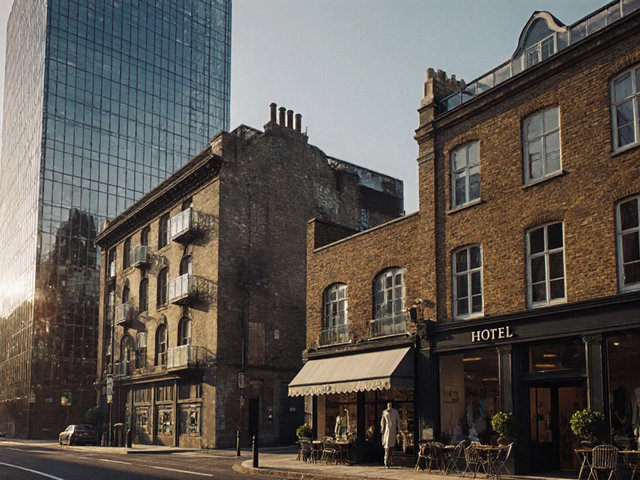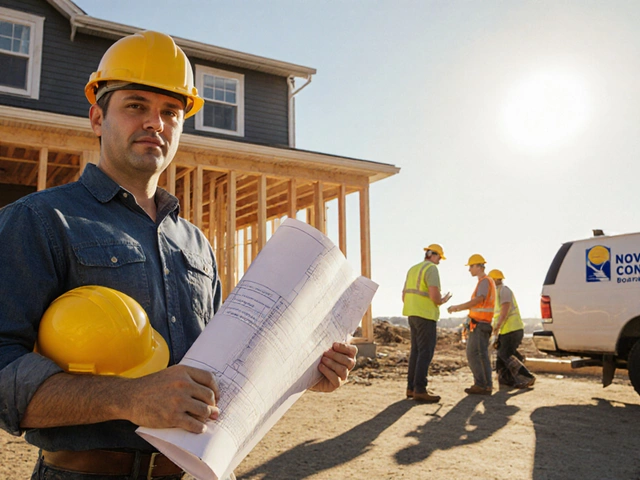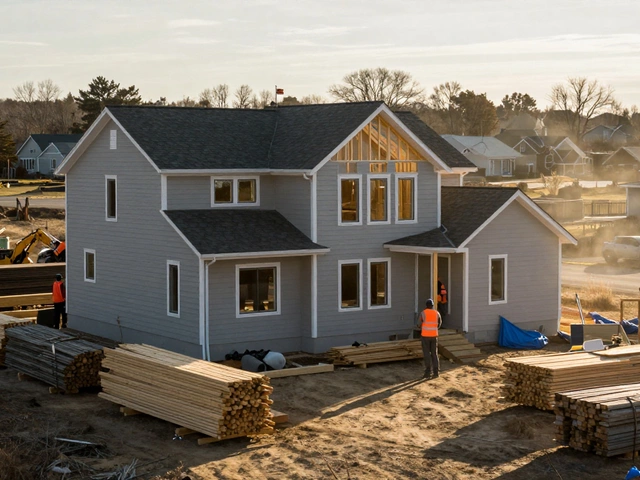Roofing Cost: How Much Should You Expect to Pay?
Thinking about a new roof? You probably wonder how much it will set you back. The right answer depends on a few key factors, but you don’t have to guess. Below we break down the main cost drivers and give you practical ways to keep the bill under control.
What Affects Your Roofing Cost
First up, material choice. Asphalt shingles are the cheapest and easiest to install, typically running $50‑$70 per square (100 sq ft). Metal roofing costs more, around $100‑$150 per square, but it lasts longer and can save you money on energy bills. If you want something fancy, slate or tile can push the price above $200 per square.
Next, size and pitch matter. Bigger roofs need more material and more labor time, while steep pitches make the job harder, driving up labor costs. A typical 2,000 sq ft home with a moderate pitch might cost $7,000‑$12,000 for a full replace, but a larger, steep‑roofed house could be $15,000 or more.
Don’t forget removal and disposal. Old shingles have to be stripped, hauled away, and sometimes recycled. Expect an extra $1‑$2 per square for this service. Permits are another hidden cost; many local councils charge $100‑$300, depending on where you live.
Location and season also play a role. Roofing crews in high‑cost areas charge more, and demand spikes in summer can push prices up. Scheduling work in the off‑season (late fall or early spring) often nets a discount.
Saving Money on a New Roof
Start by getting at least three quotes. Compare not just the total price but what’s included – some contractors bundle removal, disposal, and cleanup, while others charge extra.
Ask about bulk discounts. If you’re replacing a large roof, a supplier may lower the per‑square cost for materials. Also, look for factory‑over‑stock or last‑year’s leftovers; they’re usually sold at a discount and still have full warranties.
Consider doing part of the work yourself. Removing old shingles is labor‑intensive but doable with the right safety gear. If you handle the teardown, you can shave $500‑$1,000 off the total.
Negotiate warranties. A longer warranty often means the contractor is confident in the material’s durability, and you might get a better price by bundling a warranty upgrade.
Finally, think about financing. Some roofing companies offer low‑interest plans that spread the cost over several years, making a big expense feel more manageable.
Bottom line: a typical roof replacement falls between $7,000 and $12,000 for most homeowners, but smart material choices, timing, and negotiation can bring that number down considerably. Use the tips above to plan a budget that works for you and avoid surprise expenses when the roofer arrives.
Roofers Charge Per Square: What’s Typical and Why It’s Not Always Simple

How much do most roofers charge per square? It's not a straight answer, and prices jump depending on things like material, roof pitch, and your local area. This article breaks down what you can expect, common price ranges, what’s included, and sneaky extras that might surprise you. You’ll get real tips and a peek at how to avoid overpaying. Grab the facts before you call a contractor.
read more



